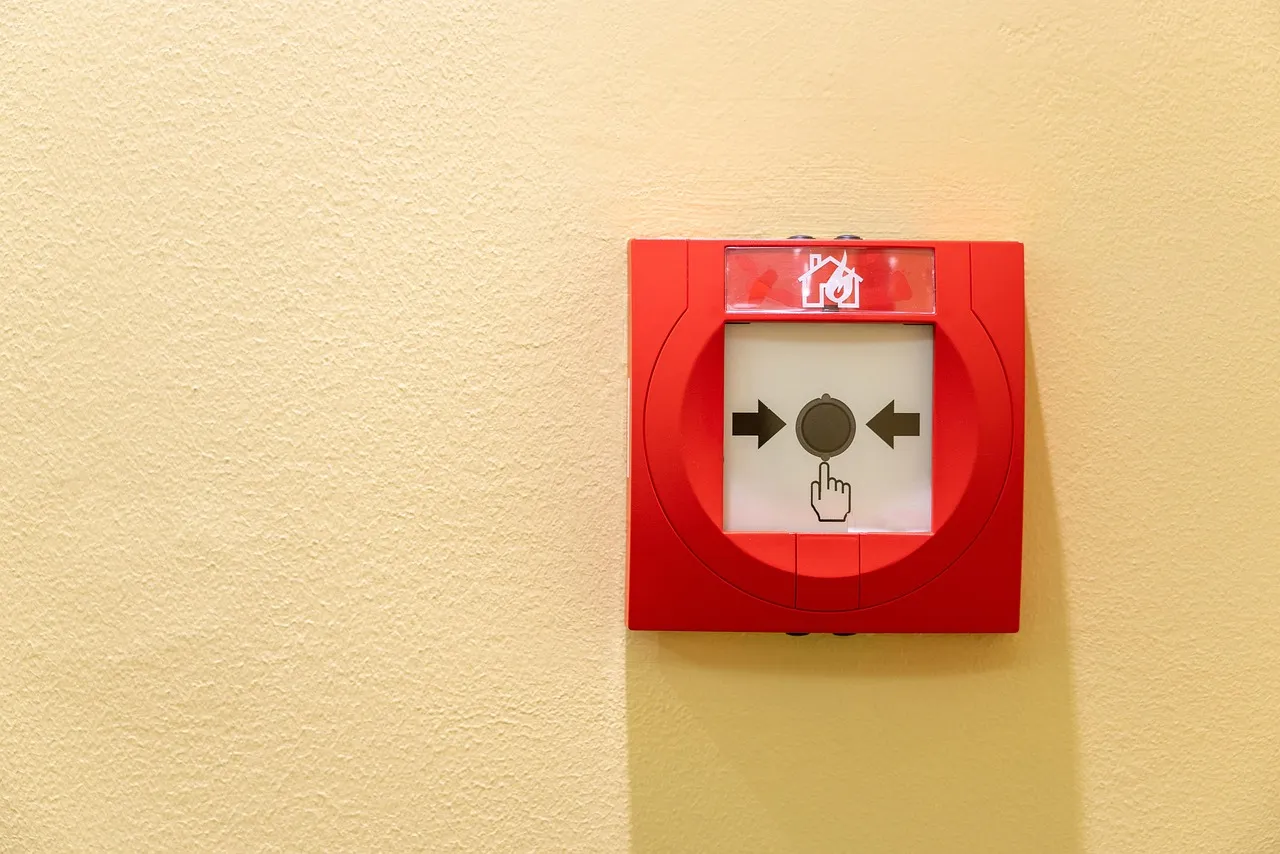
https://pixabay.com/photos/fire-alarm-emergency-warning-button-8275669/
In an almost automatic way, when we feel uncomfortable with something (a thought, annoyance, situation), we immediately look for something to get us out of that state.
Some things are a complete change from what we are doing.
And almost everything we look for when we feel less comfortable, or with a feeling of being incomplete... ends up being based only on the brief moment when we “find an excuse” to get us out of that discomfort.
And what end up being these “alternatives” with which we seek to feed our minds, or with which we simply seek to distract ourselves because we are very bored? The vast majority of them involve being absorbed in looking at a screen. The size of the screen may vary, but the content is directly related to our desire for immediate reward.
With something that doesn't force us to think too much, or that, on the other hand, takes us away from the thoughts we were having.
It could even be going out with friends. This can be an escape valve, and as much as it may seem like something healthy, there are some situations where it may not be as beneficial as we think.
Let's imagine we're bored at home. It's an afternoon when we have nothing planned to do. We don't need to leave the house to buy something for dinner, and we're starting to feel uncomfortable because we're not “busy.” That's right, that's exactly it. The fact of “idleness” or absence of work, which is what the word conveys, makes us somewhat restless.
Our mind, which is always looking for patterns, previews, and predictions of what may happen, means that we are not very good at dealing with this functionality.
But what if we learned to spend more time with our thoughts? What if we learned that only by being bored or sad about something can we understand the reason for our sadness or boredom?
For example, if we get upset with a colleague at work, instead of trying to understand what led to that situation, or the real reason why I am upset with them? What is it that makes me feel that way? Is it the fact that I don't feel respected? Is it the fact that someone is abusing my patience and goodwill? All these questions, and all these reflections that would help me find a center point within myself, so that I can manage these feelings and more easily know how to deal with a similar situation, are lost to a cell phone screen that insists on flashing and seeking to suck up all my attention and override the cognitive learning process. Put aside.
We are creating a society that teaches us that we should be how we feel good. We are never told that we should also think about why we are not feeling good. The messages are always about being at our best, and if something takes us out of our focus or diverts us from the direction of our best, then we must again change where we want to go.
But, in my view, this is not the case. Or rather: It may even be that we think we are helping ourselves. But by not doing the work of self-learning and reflecting on our ideas, we end up disconnecting from ourselves. We immediately rush to connect with something else: A coffee, a trip to the movies, a walk with our girlfriend at the local park lake.... And the opportunity for personal growth is simply obliterated.
It disappears... disappears... disappears until the next challenge.
When it reappears, the inner strength we need to do the internal exercise of accepting these sensations, ideas, or feelings, and trying to work to better understand their cause or origin, is simply reduced to a glimmer.
And every time we feed our brain with something that occupies us less, consumes less energy, and causes us less discomfort, it LOVES it!
That is why it is very important to do the difficult, not simple, sometimes painful work of searching within ourselves for our image.
Only in ourselves can we find ourselves. Only in ourselves can we discover ourselves. Only in ourselves can we be... in ourselves.
Bem Hajam🍀

Free image from Pixabay.com
